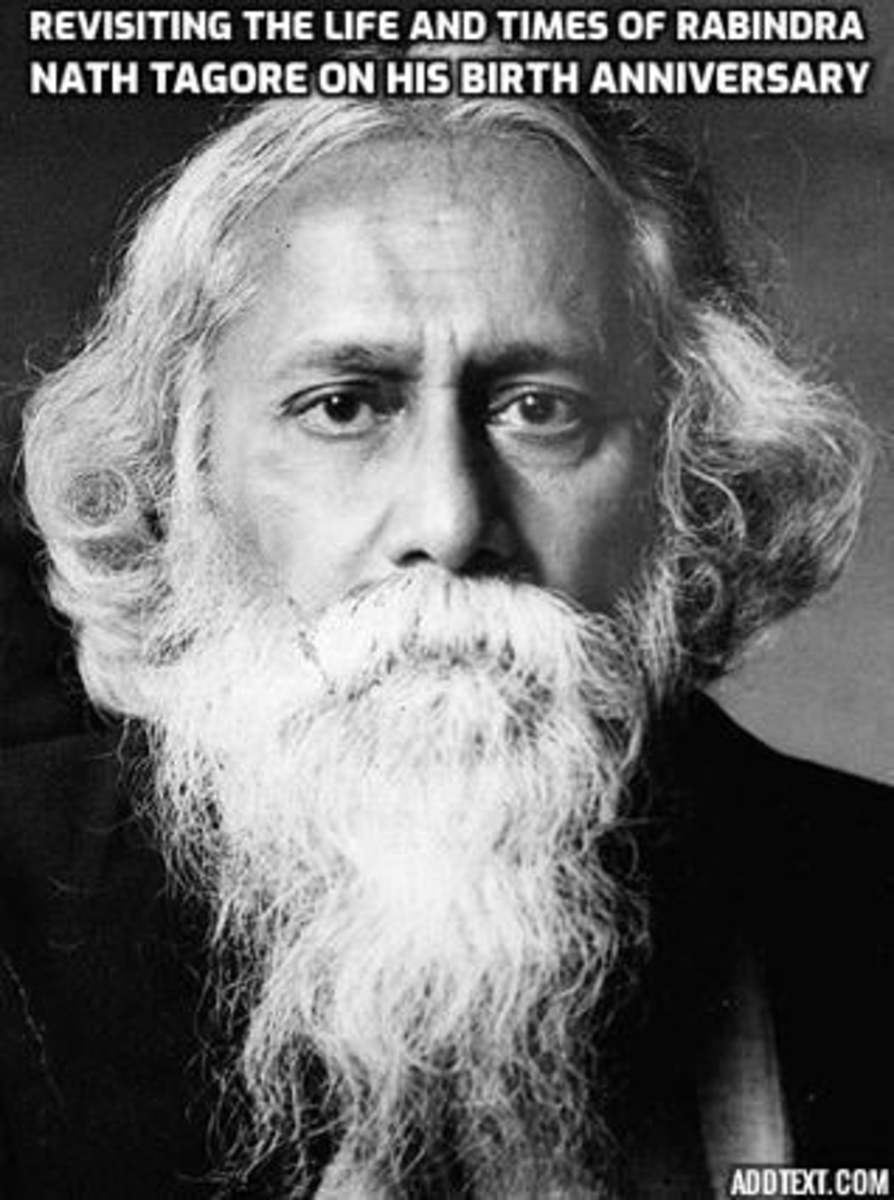The Cultivation of Self-knowledge in Effect to Man's History of Sexuality

“To discuss about sexuality is to discuss about power”
It is interesting to take note of how each individual provides a timeline of narrative that is dependent on the context which leads the account to a possibility of the past, the present and the future wherein the idea of potentiality may or may not be re-directed to a matter of resistance. In fact, Foucault (1990) asserts, “where there is power, there is resistance”, or vice-versa, implying that any possessor subjected to an external force of value may amount to an inherent claim of autonomy. He would, later on, relate this to sexuality as a tool which resulted from the bounds of discourse in several fields. This is due to the tendency of sexuality to impose a manner of behaviour that shall result in the formation of certain mechanisms of power which may, through time, be processed into a sense of ownership of the potential possessor. Therefore, this leads to the declaration of restriction towards the regulation of sexuality by the individual.
In relation to this, Ricouer (1991) believes that through a narrative, a hermeneutical phenomenological subject emerges, provided that a narrative indicates man’s experience of time in line with how he has understood to envision his following potentialities by organizing his sense of the past which can be linked to how sexuality is removed from the individual’s function by controlling the latent succession of its influence. As a result, this enables sexuality to be deemed as both a social and political power when these two are best found to create their own oppositions, apparent from how majority of societies – regardless of status – are provided with a fixed structure of functions along with the acts embedded upon an individual’s designated and imposed sexuality. Moreover, this is to establish a common ground of analysis as well as of understanding that shall redefine the deprived value of sexuality in line with its developing faculty which shall, in a way, shed light on its significance, especially if transformed into a claim of end known as self-knowledge.
Leaning onto a sequence of stages, Ricouer’s argument regarding selfhood begins from the philosophy of language and the question of an identifying reference to the person as selves, hence, considering the person in subject as an agent, crossing through the semantics of action. To connect sexuality with this is to as well discuss the shifting approaches that transformed it into being, evident on how one may happen to claim his sexuality – be it dictated or conditioned – which can be highly dependent on the intersection of his history and biography. According to Ricouer, the culmination of selfhood with regard to its conclusion as one self among other selves is something that can be affirmed through personal testimony, or the testimony of others. Hence, selfhood can be accounted into a matter of public proclamation and self-proclamation. With that, there is an apparent distinction of the self being the mere self among other selves that can only be described by tracing what underlies the projected Self and from how the subject claims – along with what the others can observe from him – to be his identity which then poses the conflict in focus, provided that the history of sexuality as part of the Self is derived from its mere oppression whereby the leading semantic of actions inclined to sexuality is originally declared by a ruling, male-dominated sector.
In support to that, it would be unreasonable enough for one to deny the idea that in the following years to come, there appears to be an increase on the insistent formation of movements – to be viewed as agents of enlightenment – that shall carry the task of dismantling the repressive and structured nature of sexuality. Having to mention that, the structural framework suggests that there emerges several sources of power and knowledge that contributed to the materialization of sexuality – beginning with the hysterization of women’s bodies, followed by the pedagogization of children’s sex, the socialization of procreative behaviour, and the pyschiatrization of perverse pleasure (Foucault, 1990). It can be observed that from the provided sources, each would indicate an inclination towards a limiting perspective which clearly intends to divert the embedded matter towards the construction of a secondary Other, given that women are initially treated to be the primary Other. Through the concept of the secondary Other, sexuality – as part of the many other selves that exist within the range of the individual’s identity – is re-aligned towards its separation from the Self. Therefore, this contributes to the systemic function of the person in subject. This is to show that sexuality carries with it a significant role in projecting a variation of realities which are to be internalized by their potential and target receivers wherein sexuality in a holistic sense is either brought about by a developing plea of assertion, coming from the collective Other, or by a stagnant claim of affirmation, coming from a privileged collective.
Having said that, sexuality as an extension of the Self can be claimed to be a proposition of one’s selfhood that is to be defined as a collection of elements that may amount to a person’s belonging within a particular context of becoming and being. This provides an interpretation of power and knowledge whereby the process of interpretation is taken into account by re-directing the person in subject into a matter of filtration wherein layers of individuality are found to be sorted out accordingly. Meanwhile, this does not entail a form of impartiality, instead, it suggests a surface of variations that are anticipated to be cultivated and addressed in time.
References
Crowley, P. (2003). Paul Ricœur: the Concept of Narrative Identity, the Trace of Autobiography. A Journal of Modern Critical Theory, 26(3), 12. Retrieved from https://www.jstor.org/stable/43263868?seq=1#metadata_info_tab_contents
Foucault, M. (1990) The History of Sexuality Volume 1: An Introduction. New York. Vintage Books.








